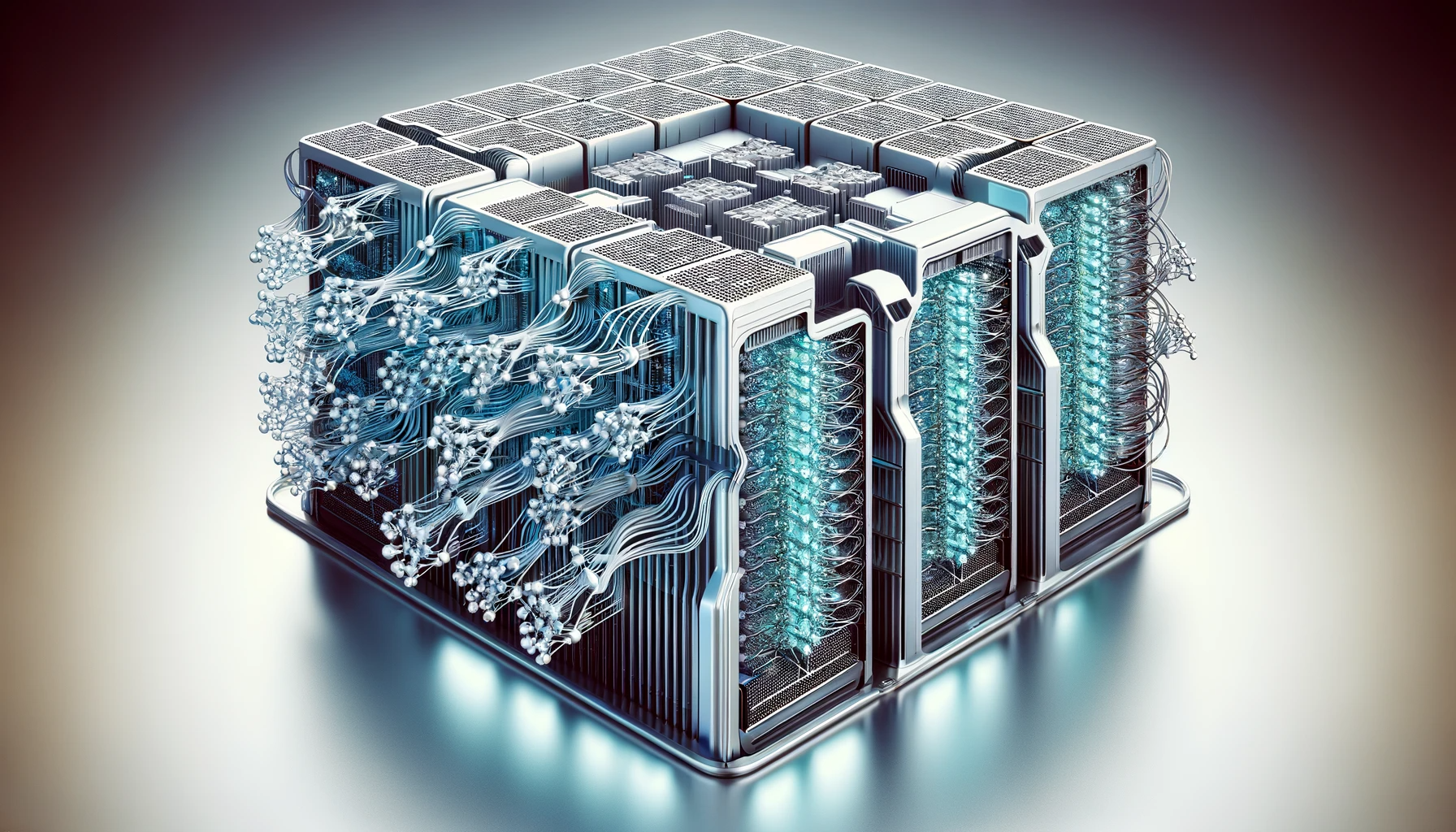DeepSouth supercomputer to simulate neural networks on a brain scale from 2024

Key Points
- Researchers at the International Centre for Neuromorphic Systems (ICNS) at Western Sydney University are developing DeepSouth, the world's first supercomputer capable of simulating human-sized neural networks.
- Designed to emulate 228 trillion synaptic operations per second, DeepSouth uses off-the-shelf field-programmable gate arrays (FPGAs) for an easily accessible and linearly scalable architecture.
- Scheduled to be operational in April 2024, the supercomputer will advance AI research and improve understanding of the human brain, with applications in sensing, biomedicine, robotics, space, and large-scale AI applications.
Researchers at the International Centre for Neuromorphic Systems (ICNS) at Western Sydney University have announced the construction of the world's first supercomputer capable of simulating networks the size of the human brain.
The supercomputer, called DeepSouth, will mimic biological processes and emulate large spiking neural networks at a rate of 228 trillion synaptic operations per second. According to an announcement, DeepSouth will achieve a performance equivalent to the estimated operation rate of the human brain.
DeepSouth uses off-the-shelf FPGAs (Field Programmable Gate Arrays) for an easily accessible and linearly scalable architecture. The project deliberately avoids specialized neuromorphic chips to achieve the desired scaling and flexibility. The use of commercially available, configurable hardware means that the prototype can be easily replicated in data centres around the world.
The Cortex emulator used is based on a replica of a minicolumn. Minicolumns are a basic structural and functional unit of the cerebral cortex. Each minicolumn consists of a vertical group of about 100 neurons extending through all layers of the cortex. These columns are particularly important because they play a key role in the processing and transmission of information in the brain.
DeepSouth to advance AI research
Van Schaik explains that progress in understanding how the brain computes with neurons is hampered by the inability to simulate brain-like networks on a large scale. Simulating spiking neural networks on standard computers with GPUs and CPUs is too slow and energy-intensive. DeepSouth aims to change that.
"This platform will progress our understanding of the brain and develop brain-scale computing applications in diverse fields including sensing, biomedical, robotics, space, and large-scale AI applications," says van Schaik. The brain-scale simulations could also help to understand how a healthy human brain works compared to a diseased brain.
The ICNS team at Western Sydney University is working with partners in neuromorphic research, including researchers at the University of Sydney, the University of Melbourne, and the University of Aachen in Germany.
DeepSouth is expected to be operational in April 2024.
AI News Without the Hype – Curated by Humans
As a THE DECODER subscriber, you get ad-free reading, our weekly AI newsletter, the exclusive "AI Radar" Frontier Report 6× per year, access to comments, and our complete archive.
Subscribe now